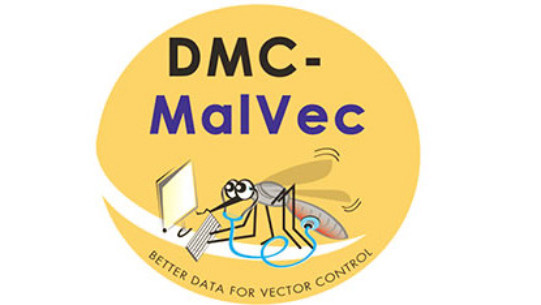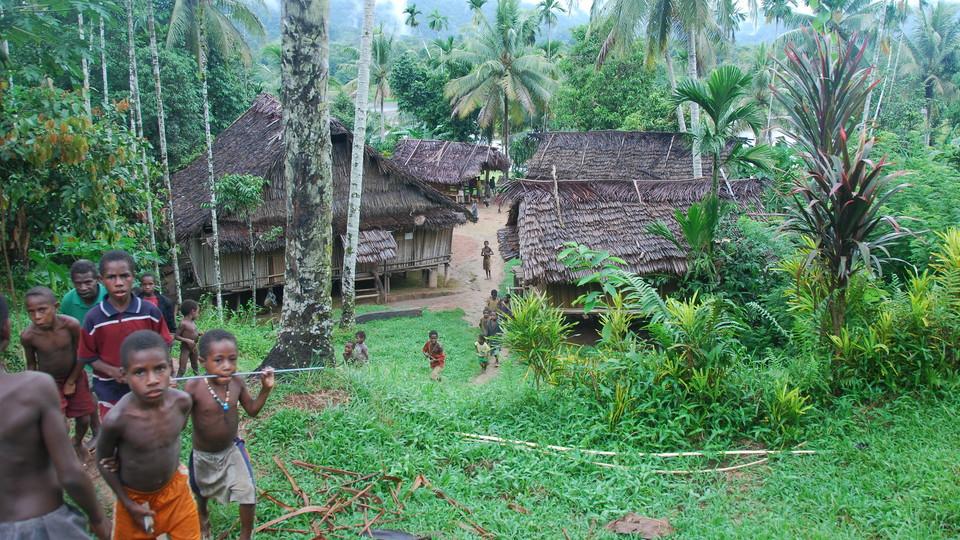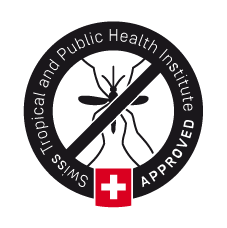Mosquito Biology and Control
Human malaria is spread from an infected person to another by the bite of a mosquito. In order to find better ways to protect humans from infectious mosquito bites we study the physiology, behaviour and ecology of mosquitoes.
Research Focus
Field studies inform us about the composition of a mosquito population and whether there is a risk of disease transmission. Field surveys also show us how effective implemented control measures are. We also use experimental approaches both in the laboratory and in the field with the aim to better understand how malaria mosquitoes acquire, process and respond to information from their environment and how control tools impact upon them. Moreover, we study how insecticide resistance and other traits depend on environmental and genetic factors.
Variety of Used Research Tools and Technologies
We use a series of technologies including bioassays, molecular tools, infrared video tracking, field trapping methods, biostatistics and mathematical modelling. We also develop and evaluate new tools for the surveillance and control of mosquitoes and test public health pesticide products to generate data needed for decision making on their recommendation for public health use.
Project Highlights

Better Data for Vector Control
Monitoring mosquito vector populations is a component of control programmes and a prerequisite for effective interventions. Several methods are used for this task. However, there are challenges in organizing, interpreting and communicating vector control data. We will develop an automated diagnostic platform, data management system and innovative communication tool, for improving the impact of malaria vector control interventions. Read more

Residual Malaria Transmission
The malaria control intervention in Papua New Guinea has resulted in a significant reduction in the nationwide prevalence and incidence of malaria. However, this effect has not been uniform across the country and considerable heterogeneity in transmission exists in different areas, despite a standardised approach to the implementation of the control measures. Minimal data currently exists on the determinants of heterogeneity and residual malaria transmission. Read more

A Quality Label for Mosquito Repellents
Swiss TPH has extensive experience in testing public health pesticide products for many years. In collaboration with manufacturing industry and research institutions our experienced team of biologists carries out studies to evaluate mosquito repellents and insecticide products for R&D and registration purposes. The well-known, internationally registered Swiss TPH quality label guarantees high efficacy standards for tropical repellents. Read more